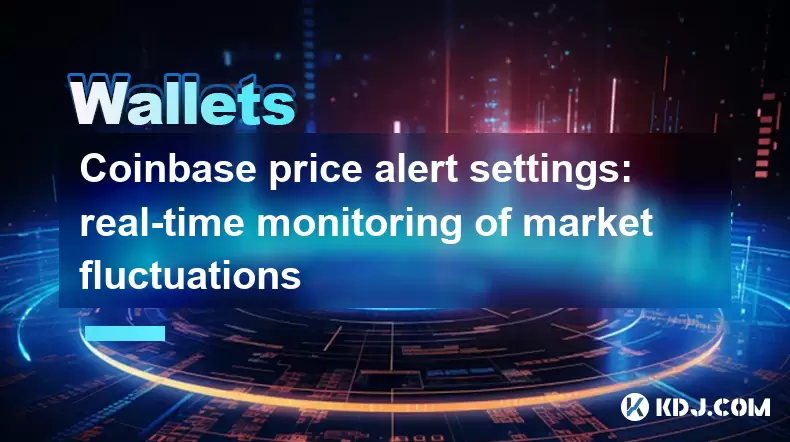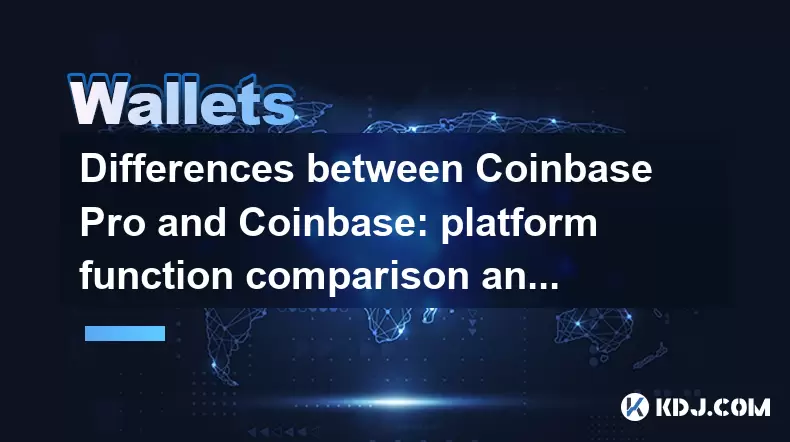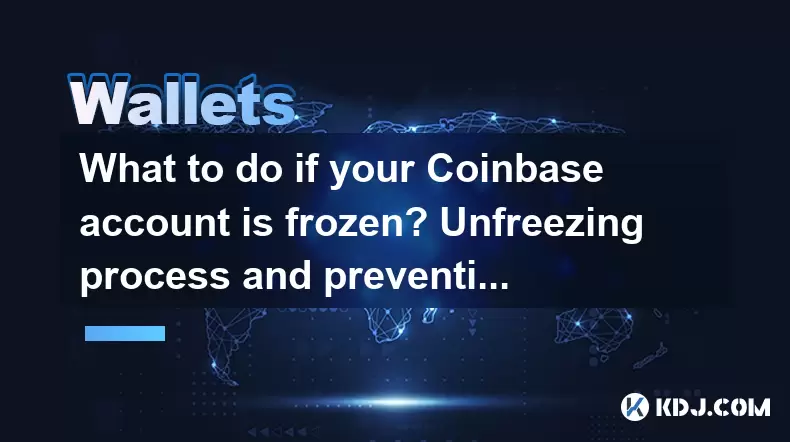-
 Bitcoin
Bitcoin $107,725.9156
0.27% -
 Ethereum
Ethereum $2,481.6786
1.84% -
 Tether USDt
Tether USDt $1.0003
0.01% -
 XRP
XRP $2.2154
1.26% -
 BNB
BNB $658.2447
1.42% -
 Solana
Solana $157.2028
4.24% -
 USDC
USDC $1.0000
0.02% -
 TRON
TRON $0.2788
0.91% -
 Dogecoin
Dogecoin $0.1655
1.00% -
 Cardano
Cardano $0.5714
2.67% -
 Hyperliquid
Hyperliquid $40.6187
6.30% -
 Bitcoin Cash
Bitcoin Cash $519.8117
5.84% -
 Sui
Sui $2.8338
0.59% -
 Chainlink
Chainlink $13.4150
0.60% -
 UNUS SED LEO
UNUS SED LEO $9.1205
-0.54% -
 Avalanche
Avalanche $18.0666
0.85% -
 Stellar
Stellar $0.2363
-0.46% -
 Toncoin
Toncoin $2.9550
2.57% -
 Shiba Inu
Shiba Inu $0.0...01151
-0.15% -
 Litecoin
Litecoin $86.2252
-0.57% -
 Hedera
Hedera $0.1498
1.51% -
 Monero
Monero $318.0620
3.18% -
 Polkadot
Polkadot $3.4174
-0.02% -
 Dai
Dai $1.0000
0.02% -
 Bitget Token
Bitget Token $4.5444
-1.05% -
 Ethena USDe
Ethena USDe $1.0003
0.00% -
 Uniswap
Uniswap $7.1773
-0.53% -
 Pepe
Pepe $0.0...09916
3.19% -
 Aave
Aave $274.7399
0.32% -
 Pi
Pi $0.5136
-2.06%
How to ensure the security of an Ethereum wallet address?
Secure your Ethereum by using a strong password, 2FA, a reputable wallet (hardware is best), regularly backing up your seed phrase, and avoiding phishing scams; diversify your assets and stay updated on security best practices.
Mar 13, 2025 at 07:36 pm

Key Points:
- Understanding the different types of Ethereum wallets and their inherent security levels.
- Implementing strong password practices and utilizing two-factor authentication (2FA).
- Recognizing and avoiding phishing scams and malicious websites.
- Regularly backing up your wallet and securing your seed phrase.
- Staying updated on security best practices and software updates.
- Diversifying your assets to mitigate risk.
How to Ensure the Security of an Ethereum Wallet Address?
Securing your Ethereum wallet address is paramount to protecting your cryptocurrency holdings. This involves a multi-faceted approach, encompassing both technical and behavioral strategies. Neglecting even one aspect can leave your assets vulnerable to theft or loss. Let's explore the key strategies to safeguard your Ethereum wealth.
Choosing the Right Wallet:
The first step towards security lies in selecting the appropriate wallet type. Hardware wallets, like Ledger or Trezor, offer the highest level of security by storing your private keys offline. Software wallets, such as MetaMask or Trust Wallet, are convenient but require careful management to mitigate risks. Paper wallets, while offering offline security, require meticulous handling to avoid damage or loss. Consider your technical skills and risk tolerance when making your choice.
Password Management and 2FA:
Employing strong, unique passwords is crucial. Avoid easily guessable passwords and use a password manager to generate and securely store complex passwords. Enabling two-factor authentication (2FA) adds an extra layer of security, requiring a second verification step beyond your password, significantly hindering unauthorized access. This could be through an authenticator app or email verification.
Recognizing and Avoiding Phishing:
Phishing attacks are a common threat. Scammers often mimic legitimate websites or communication channels to trick users into revealing their private keys or seed phrases. Always verify the website's legitimacy before entering any sensitive information. Look for secure connections (HTTPS) and official domain names. Be wary of unsolicited emails or messages requesting your login credentials.
Backing Up Your Wallet and Seed Phrase:
Regularly backing up your wallet is essential. This allows you to recover your funds in case of device loss or damage. Your seed phrase, a series of words representing your private keys, is crucial for recovery. Store your seed phrase securely, preferably offline and in multiple locations. Never share your seed phrase with anyone.
Software Updates and Security Patches:
Keeping your wallet software updated is critical. Updates often include security patches that address vulnerabilities. Regularly check for updates and install them promptly. Using outdated software significantly increases your risk of exposure to exploits.
Diversifying Your Assets:
While not directly related to wallet security, diversifying your cryptocurrency holdings can mitigate risk. Don't keep all your Ethereum in a single wallet. Consider spreading your assets across multiple wallets or exchanges, reducing the impact of a potential security breach on your overall portfolio.
Understanding Smart Contracts:
Before interacting with smart contracts, thoroughly research and understand their functionality. Many scams involve malicious smart contracts designed to steal funds. Always audit the code and verify the contract's legitimacy before interacting with it.
Staying Informed:
The cryptocurrency landscape is constantly evolving, and new threats emerge regularly. Stay informed about the latest security best practices and vulnerabilities. Follow reputable security blogs and news sources within the cryptocurrency community to remain aware of emerging risks.
Common Questions and Answers:
Q: What is a seed phrase, and why is it so important?
A: A seed phrase is a set of words that acts as a master key to your cryptocurrency wallet. It allows you to recover access to your funds if your wallet is lost or damaged. Protecting your seed phrase is paramount to securing your assets.
Q: Are hardware wallets truly safer than software wallets?
A: Generally, yes. Hardware wallets store your private keys offline, making them significantly more resistant to hacking and malware compared to software wallets, which are vulnerable to online attacks.
Q: What should I do if I suspect my wallet has been compromised?
A: Immediately change your passwords, disable any connected accounts, and contact the wallet provider's support team. Monitor your transactions closely and report any suspicious activity to the relevant authorities.
Q: How often should I back up my wallet?
A: It's best practice to back up your wallet regularly, at least once a month, or after any significant changes to your holdings or wallet configuration.
Q: Can I use the same password for multiple cryptocurrency wallets?
A: Absolutely not. Using the same password across multiple wallets increases the risk of catastrophic loss if one wallet is compromised. Employ unique, strong passwords for each wallet.
Q: What are some signs of a phishing attempt?
A: Look for suspicious emails or websites with poor grammar, unusual domain names, or requests for sensitive information. Always verify the legitimacy of a communication before responding or clicking on links.
Q: Is it safe to store large amounts of Ethereum on an exchange?
A: Exchanges can be convenient, but they are also vulnerable to hacking and theft. Storing large amounts of Ethereum on an exchange introduces significant risk. Consider using a hardware wallet for long-term storage.
Disclaimer:info@kdj.com
The information provided is not trading advice. kdj.com does not assume any responsibility for any investments made based on the information provided in this article. Cryptocurrencies are highly volatile and it is highly recommended that you invest with caution after thorough research!
If you believe that the content used on this website infringes your copyright, please contact us immediately (info@kdj.com) and we will delete it promptly.
- Coinbase, Altcoins, and Listings: What's the Buzz?
- 2025-07-01 00:30:11
- Chainlink's Bullish Signals: Investors Bet on Long-Term Value
- 2025-07-01 00:50:12
- Bybit, Kraken, and Tokenized Stocks: A New Era for Trading?
- 2025-07-01 00:30:11
- MicroStrategy, S&P 500, and Crypto News: A Wild Ride for Bitcoin and Beyond
- 2025-07-01 00:55:11
- Week Review: Neo Updates, Crypto Market Movers, and the Stablecoin Evolution (June 23-29)
- 2025-07-01 01:00:12
- Crypto.com & dYdX: Derivative Trading Revolutionized for Everyone
- 2025-07-01 00:35:12
Related knowledge

Coinbase price alert settings: real-time monitoring of market fluctuations
Jun 29,2025 at 07:00am
Setting Up Coinbase Price AlertsTo begin real-time monitoring of market fluctuations on Coinbase, users can utilize the built-in price alert feature. This function allows you to receive notifications when a cryptocurrency reaches a specific price point. To access this setting, open the Coinbase app or log in via the web platform. Navigate to the 'Prices...

How to stake cryptocurrencies on Coinbase? Benefits and risks
Jun 27,2025 at 06:36pm
Understanding Cryptocurrency Staking on CoinbaseStaking cryptocurrencies involves locking up digital assets to support the operations of a blockchain network, typically in return for rewards. Coinbase, one of the most popular cryptocurrency exchanges globally, offers staking services for several proof-of-stake (PoS) coins. Users can stake their holdings...

Differences between Coinbase Pro and Coinbase: platform function comparison and analysis
Jun 29,2025 at 08:21am
Overview of Coinbase and Coinbase ProWhen exploring the cryptocurrency trading landscape, users often encounter two platforms under the same parent company: Coinbase and Coinbase Pro. While both are operated by the same organization, they cater to different types of users and offer varying features. Coinbase is primarily designed for beginners and casua...

What to do if your Coinbase account is frozen? Unfreezing process and preventive measures
Jun 30,2025 at 03:49am
Understanding Why Your Coinbase Account Might Be FrozenIf your Coinbase account is frozen, it typically indicates that the platform has detected suspicious activity or potential violations of its terms of service. This could be due to a variety of reasons such as unusual login attempts, high-risk transactions, or incomplete verification steps. Coinbase ...

How to contact Coinbase customer service? Support channels and response times
Jun 28,2025 at 01:29pm
Contacting Coinbase Customer Service: Support Channels and Response TimesIf you're a user of Coinbase, reaching their customer service team may become necessary for various reasons, such as account verification issues, transaction disputes, or technical difficulties. Understanding the different support channels available and what to expect in terms of r...

Coinbase advanced trading function usage tutorial: limit orders and market orders
Jun 28,2025 at 09:07pm
Understanding the Difference Between Limit Orders and Market OrdersWhen using Coinbase's advanced trading features, it is crucial to understand the fundamental difference between limit orders and market orders. A market order executes immediately at the best available price on the market. This type of order ensures that your trade goes through quickly, ...

Coinbase price alert settings: real-time monitoring of market fluctuations
Jun 29,2025 at 07:00am
Setting Up Coinbase Price AlertsTo begin real-time monitoring of market fluctuations on Coinbase, users can utilize the built-in price alert feature. This function allows you to receive notifications when a cryptocurrency reaches a specific price point. To access this setting, open the Coinbase app or log in via the web platform. Navigate to the 'Prices...

How to stake cryptocurrencies on Coinbase? Benefits and risks
Jun 27,2025 at 06:36pm
Understanding Cryptocurrency Staking on CoinbaseStaking cryptocurrencies involves locking up digital assets to support the operations of a blockchain network, typically in return for rewards. Coinbase, one of the most popular cryptocurrency exchanges globally, offers staking services for several proof-of-stake (PoS) coins. Users can stake their holdings...

Differences between Coinbase Pro and Coinbase: platform function comparison and analysis
Jun 29,2025 at 08:21am
Overview of Coinbase and Coinbase ProWhen exploring the cryptocurrency trading landscape, users often encounter two platforms under the same parent company: Coinbase and Coinbase Pro. While both are operated by the same organization, they cater to different types of users and offer varying features. Coinbase is primarily designed for beginners and casua...

What to do if your Coinbase account is frozen? Unfreezing process and preventive measures
Jun 30,2025 at 03:49am
Understanding Why Your Coinbase Account Might Be FrozenIf your Coinbase account is frozen, it typically indicates that the platform has detected suspicious activity or potential violations of its terms of service. This could be due to a variety of reasons such as unusual login attempts, high-risk transactions, or incomplete verification steps. Coinbase ...

How to contact Coinbase customer service? Support channels and response times
Jun 28,2025 at 01:29pm
Contacting Coinbase Customer Service: Support Channels and Response TimesIf you're a user of Coinbase, reaching their customer service team may become necessary for various reasons, such as account verification issues, transaction disputes, or technical difficulties. Understanding the different support channels available and what to expect in terms of r...

Coinbase advanced trading function usage tutorial: limit orders and market orders
Jun 28,2025 at 09:07pm
Understanding the Difference Between Limit Orders and Market OrdersWhen using Coinbase's advanced trading features, it is crucial to understand the fundamental difference between limit orders and market orders. A market order executes immediately at the best available price on the market. This type of order ensures that your trade goes through quickly, ...
See all articles

























































































